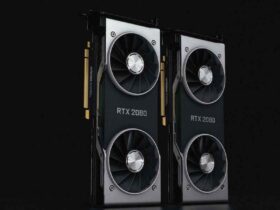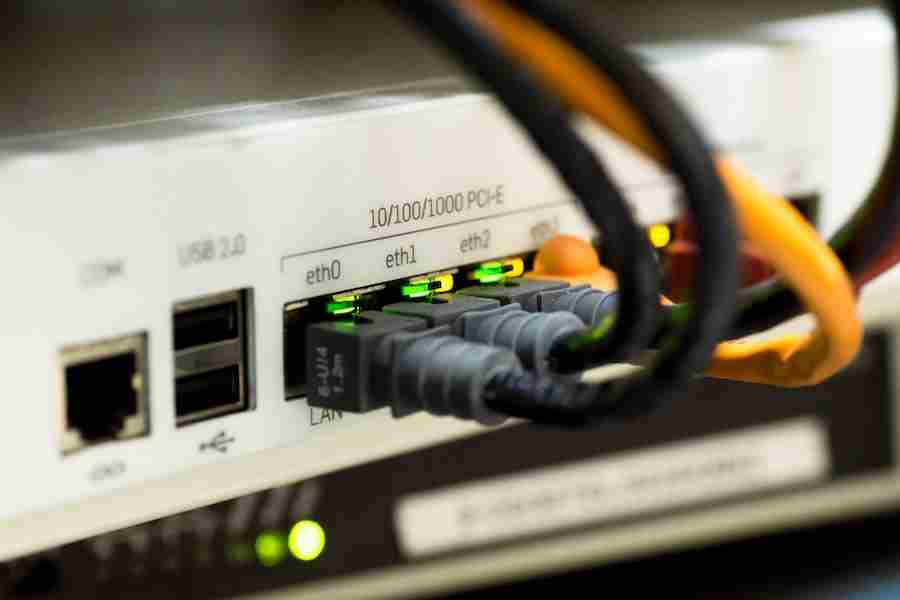Gigabit internet connections are becoming increasingly popular for home internet users, promising faster speeds and improved reliability. But do you really need this type of connection for your home or business? Before you decide, it’s important to understand what a gigabit internet connection can provide and how it differs from other internet services. This article will discuss the pros and cons of the gigabit internet, what you need to know before you decide, and other factors to consider. Whether you are a casual internet user or a business professional, this information can help you make the right choice for your needs.
Do I Need A Gigabit Internet?
The answer to this question depends on your specific needs. If you’re a heavy internet user who streams a lot of content or downloads large files, having a gigabit internet connection can be very beneficial. You’ll get faster speeds and better performance, making your online activities smoother and more enjoyable. However, if you’re a casual internet user who only surfs the web and checks emails, then a gigabit connection may be overkill for you. Most people don’t need this speed and reliability, which could cost you more money in the long run.
The Pros Of Gigabit Internet
- Gigabit internet connections are faster than standard broadband connections.
- Gigabit internet connections are more reliable than standard broadband connections.
- Gigabit internet connections offer better streaming and gaming performance than standard broadband connections.
- Gigabit internet connections can support more devices at the same time than standard broadband connections.
- Gigabit internet connections can be more cost-effective than standard broadband connections.
Factors To Consider When Deciding Whether To Upgrade To A Gigabit Internet Connection
- Speed. A gigabit internet connection offers significantly faster speeds than standard broadband connections. This means you can download files much faster, stream high-definition videos more smoothly, and conduct online gaming sessions with minimal lag.
- Reliability. Gigabit internet connections are more reliable than standard broadband connections. This is due to the increased bandwidth and speed, which allows for more simultaneous data transfers.
- Cost. Gigabit internet connections are typically more expensive than standard broadband connections, but Your current internet speed is. Do you currently this may be offset by the improved speed and reliability benefits?
- Distance from the provider’s network. If you live in a rural area or far away from a provider’s network, a gigabit connection may be your best option for improved speed and reliability.
- Needs of the business or home user. Only some people need or benefit from a gigabit connection, so it is important to understand your specific needs before making a decision to upgrade. For example, if you have a connection that’s fast enough for your needs? A gigabit connection is about 10 times as fast as a standard broadband connection, so if you only need speeds up to around 50 Mbps, you don’t need to upgrade. However, if you frequently use streaming services or are a heavy internet user, a gigabit connection may be a better option for you.
- Needs of the device. Certain devices, like gaming consoles or smart TVs, require faster speeds than standard broadband connections can provide. If you have one of these devices, it is important to factor this into your decision to upgrade to a gigabit connection.
What Type Of Equipment Is Needed For A Gigabit Internet Connection?
- In order to receive a gigabit internet connection, you will need a modem and router that support this type of connection.
- You will also need a computer that is capable of connecting to the internet via a gigabit connection.
- The best way to determine if your computer is capable of connecting to a gigabit internet is to check the specifications online or with the manufacturer.
- If you already have an internet service that offers speeds up to 100 Mbps, you will not need a new router or modem, but you may experience increased performance and decreased latency when using a gigabit connection.
- If you are considering a gigabit internet connection for your home or business, be sure to consult with an internet service provider (ISP) or your hardware manufacturer to determine if a gigabit connection is available in your area.
- In general, a gigabit internet connection offers faster speeds and increased reliability than standard internet connections. However, there are some factors to consider before making a purchase, such as the equipment that will be needed and the availability of the service in your area.
The Cost Of Gigabit Internet
- Gigabit internet connections are not always more expensive than standard internet connections.
- Gigabit internet connections may be more expensive if you need to have a physical connection to the provider’s network.
- If you are in an area with few competitors, your provider may be able to offer you a gigabit connection for less than other providers.
- Gigabit internet connections can also be more expensive if you need specific features or services that are not included in standard internet plans.
- If you are considering a gigabit connection, it is important to compare prices and services from different providers to find the best deal for your needs.
- Gigabit internet connections are not always available in every area.
- Gigabit internet connections may not be suitable for all internet use cases.
- Gigabit internet connections can result in slower download and upload speeds than standard connections.
- Some devices, such as gaming consoles and smart TVs, may not be able to take advantage of gigabit internet connections.
- If you are considering a gigabit connection, it is important to talk to your provider to understand the specific features and benefits that are available in your area.
Tips For Getting The Most Out Of Your Gigabit Internet Connection
- Make sure your device is compatible. Many devices that are currently available on the market are designed to use gigabit internet connections. However, not all devices are compatible, so be sure to test your device before you make the purchase.
- Use a gigabit internet connection for optimum performance. If you plan to use your internet connection for streaming high-definition video or gaming, a gigabit connection will be more than enough. For other activities, such as downloading large files or using multiple devices at the same time, a faster connection may not be necessary.
- Use a gigabit internet connection wisely. Because this type of connection is more expensive than standard internet service, it’s important to use it for activities that will benefit from its increased speed and reliability. For example, hosting a website or using cloud storage services can greatly benefit from a gigabit connection. But don’t expect to be able to stream videos in HD or use multiple devices at the same time if you’re just downloading files.
- Check your internet service provider’s speed test. Many providers offer free speed tests that give you an idea of how your current connection compares to a gigabit connection.
- Consider a home network upgrade. A home network upgrade can give you the bandwidth you need to take advantage of a gigabit internet connection. This is an optional step that can provide significant benefits if done correctly.
Conclusion
This article has explored what a gigabit internet connection is and the pros and cons of this connection. It has also discussed when deciding whether to upgrade to a gigabit internet connection, what factors to consider, and how gigabit internet services compare to other internet packages. It has also explored the equipment needed for a gigabit connection, how to choose the best provider, and how to get the most out of your gigabit connection.

























Leave a Reply